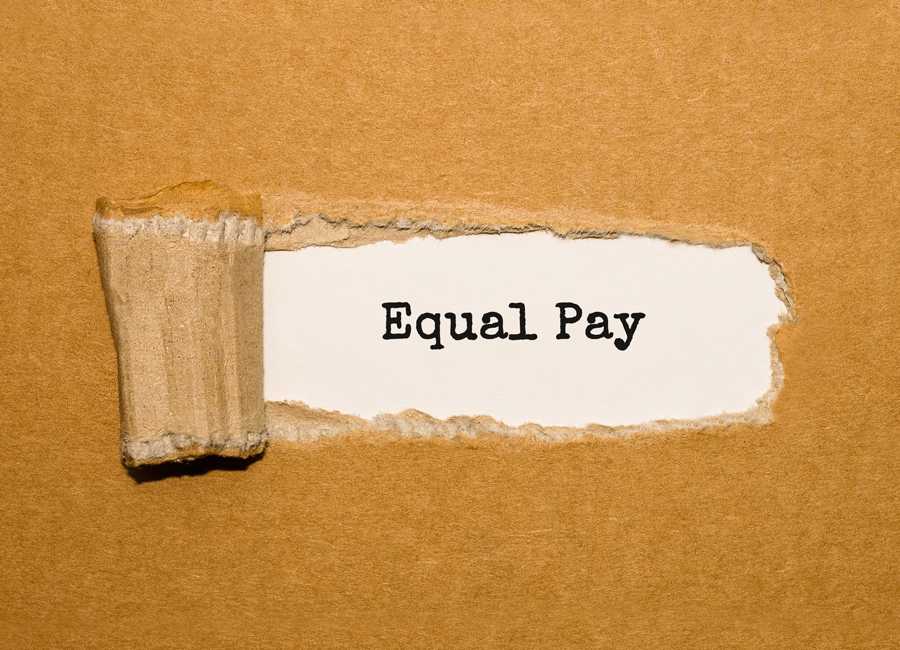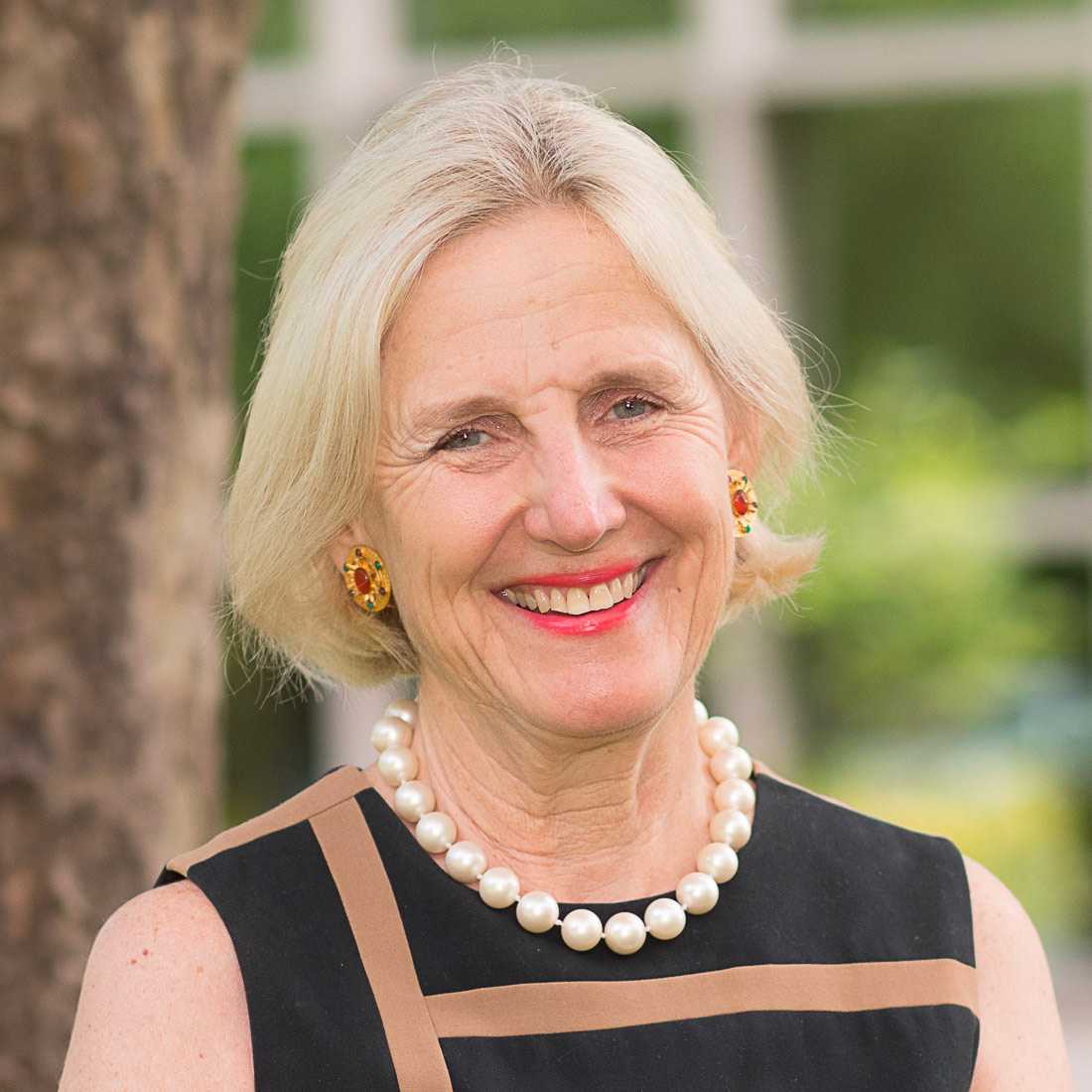

To celebrate Women’s History Month, I’ve been reflecting on the best advice I’ve received from my mentors and thinking about the way their words have shaped my career and my outlook on corporate culture altogether. The most impactful piece of advice, which I learned in a rather unorthodox way, is to advocate not only for yourself but for your teammates as well. This simple lesson in transparency and advocacy is even more relevant today, as companies consider diversity, equity and inclusion practices at greater lengths.
Unfortunately, I, like many others, experienced the wage gap firsthand in a previous role. For the same position, responsibilities and experience level, I made about 80 cents to every dollar my coworker made—analogous to working every Friday for free all year. For reference, a study by the National Women’s Law Center showed that with that same disparity, you’d lose $406,760 over a 40-year career. The most challenging part of this revelation was that I discovered the discrepancy because my colleague brought it up in conversation while asking my opinion on how to go about requesting a raise. While I’m thankful for their trust and transparency, it didn’t even occur to me that a gap of this magnitude could happen in the first place. I didn’t know how to respond, but the outrage my coworker felt on my behalf was empowering and oddly comforting.
PayScale’s research best describes this issue and proves that pay transparency—a philosophy about compensation intended to improve talent acquisition and retention—can close wage gaps. This philosophy forces organizations to develop a thought-out and data-driven approach to compensation by only considering non-discriminatory differences like education, years of experience or special skills. In my case, the pay transparency came not from my organization, but from a coworker. Regardless, I was reduced to a statistic and felt I had to do something.
My colleague immediately encouraged me to prepare for a discussion with my manager and spoke with other decision-makers about the gap. It’s one thing to advocate for yourself, but another thing entirely to spend your time, effort and social capital on helping someone else. When my colleague stood up on my behalf, I was encouraged and felt ready to tackle the issue head-on. It helped me to confirm that I deserved fair treatment, equal pay and aided me in navigating the extensive research and difficult conversations that came next. When I surfaced the issue with leadership, it was clear the company hoped that we would not discuss compensation with each other, because the initial questions focused on how I found out, rather than how we could mitigate this issue.
In the past, employees rarely discussed salary; in fact, it was considered taboo. However, the way employees engage with their workplace, and each other, is evolving. As younger generations join the workforce and demand change, employers must reckon with employees who are willing to band together and input new policies or lose out on talent. Research shows, when Millennials and Gen Z employees feel they can’t trust their employers, the countdown is on until they find a new opportunity.
Realizing that change in the workplace made me want to empower and encourage my colleagues and friends, which created a cascading effect as they, too, began advocating for others. In a roundabout way, this is what lead me to my role now. The fact that APCO is an advisory and advocacy communications consultancy was intriguing. After all, I’d found great power in advocating for others, so why not bring that empowerment into my career and day-to-day role?
Looking back, I’m glad I started seriously thinking about negotiation early rather than 20 years into my career when that wage gap would have widened exponentially. More importantly, I learned the value of advocating for myself and others—a lesson I won’t soon forget. Today, March 31st, is Equal Pay Day, can you advocate for someone?


